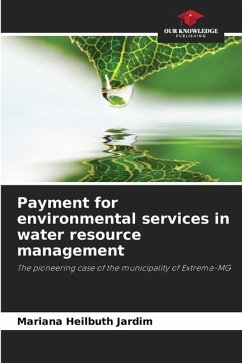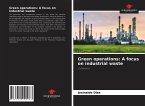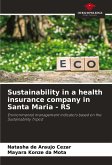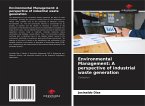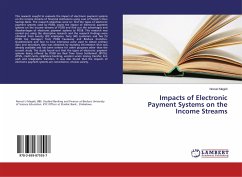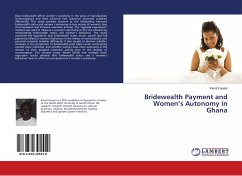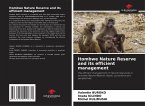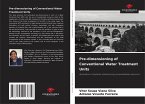The main objective of this study was to analyze the potential of Payment for Environmental Services (PES) to generate socio-economic and environmental benefits in water resource management, when forest and water interact on small rural properties. Water is increasingly becoming a strategic resource in terms of vital, economic and geopolitical interests. With the increase in environmental degradation in parallel with the growing demand for water for various uses, there has been a need to rethink public policies, especially with regard to environmental management instruments. The current scenario requires management from the perspective of various economic, social and environmental aspects, which has led to the strengthening of a new management strategy for water resources: Payment for Environmental Services. PES can be considered a good strategy to ensure the practice of sustainable farming and sustainable forest management, which directly influence the conservation and integratedmanagement of water and forest resources in a watershed, as happened in Extrema-MG.
Hinweis: Dieser Artikel kann nur an eine deutsche Lieferadresse ausgeliefert werden.
Hinweis: Dieser Artikel kann nur an eine deutsche Lieferadresse ausgeliefert werden.

